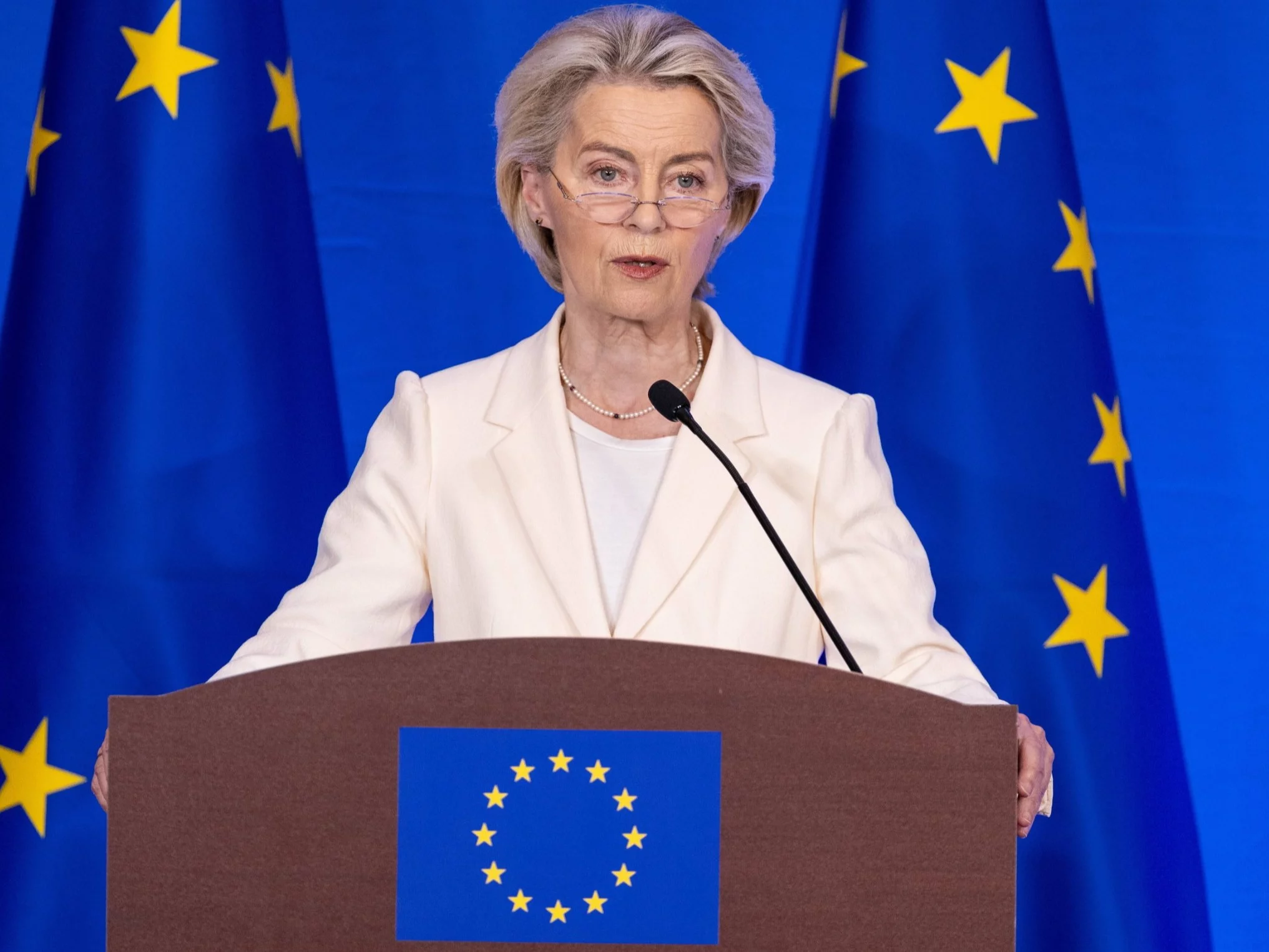
Падение Асада может подорвать стратегические интересы Китая, России и Ирана
Автор: Александр Ляо, Оливия Ли и Шон Ценг через The Epoch Times,
Падение правительства Башара Асада в Сирии может дестабилизировать партнерские отношения между Китаем, Россией и Ираном – свободной коалицией, движимой общей оппозицией западным державам.

Во-первых, три страны были Ключевые сторонники режима Асада. Их ослабленная поддержка значительно способствовала краху власти Асада.
РоссияАсад, находящийся в изгнании, был основным сторонником, предоставляя военную помощь и развертывая наемников для поддержки режима.
Тем не менее, более двух лет войны на Украине напрягли российские ресурсы. Хотя Россия все еще держала военно-морские и воздушные базы в Сирии, ее способность помочь Асаду была ограничена.
ИранОн также сыграл важную роль в предоставлении прямой финансовой и военной помощи. Но Иран сильно пострадал от санкций, а его доверенные лица были выведены из строя Израилем, что снизило его способность помогать Сирии.
Иранские доверенные лица, такие как Хезболла и ХАМАС, были ослаблены Израилем после того, как ХАМАС начал террористическую атаку на Израиль в октябре прошлого года. В сентябре предполагаемый взрыв Израилем тысяч пейджеров и рации, используемых Хезболлой в Ливане, серьезно подорвал доверие к руководству группы.
Китай Он поддержал Асада, наложив вето на резолюции ООН против его режима и предложив инвестиции и помощь. Китайский коммунистический режим исторически был оппортунистом в поддержке антизападных режимов. Когда стратегические или экономические издержки стали слишком высокими, китайская поддержка, как правило, менялась.
Противоборствующие силы в современном мире повторяют аргументы покойного профессора Гарварда Сэмюэля Хантингтона, который написал «Столкновение цивилизаций и переустройство мирового порядка», опубликованные в 1996 году.
Ученый предсказал два крупных глобальных блока: один во главе с США и их западными союзниками, а другой — с Китаем, поддерживаемым Россией и несколькими исламскими странами. Хотя его описание конфликтов, возникших после окончания холодной войны, казалось маловероятным, когда его книга была опубликована, сегодняшний глобальный геополитический ландшафт резонирует с его видением.
Будущее Сирии остается неопределенным. Если он спустится в несостоявшееся состояние, он может отражать после 2001 года Афганистан или современный Йемен Характеризуется беззаконием, внутренними конфликтами и отсутствием центрального управления.
Этот сценарий нарушит стратегические интересы России, Ирана и Китая. Например, Россия уже начала масштабный вывод войск из Сирии. В то же время Иран видит, что его сухопутный коридор в Ливан скомпрометирован, что имеет решающее значение для перемещения военнослужащих, оружия и ресурсов Хезболле. Коммунистический Китай видит неудачу в своем политическом влиянии в Сирии, которая присоединилась к Пекинской инициативе «Один пояс, один путь» или глобальной программе инвестиций в инфраструктуру в 2022 году.
Международный ландшафт может снова измениться после возвращения Дональда Трампа в Белый дом. Его администрация может быстро попытаться положить конец конфликтам на Ближнем Востоке и Украине. Завершение российско-украинской войны также положит конец «неограниченной дружбе» между Китаем и Россией, резко изменив их отношения. Более ястребиная администрация США может сосредоточиться на противостоянии китайскому режиму, который она считает главным соперником. Такой шаг нанесет тяжелый удар по антизападному блоку Китая, России и их ближневосточным союзникам.
** **
Мнения, выраженные в данной статье, являются мнениями автора и не обязательно отражают взгляды The Epoch Times или ZeroHedge.
Тайлер Дерден
Фри, 12/27/2024 - 02:00










